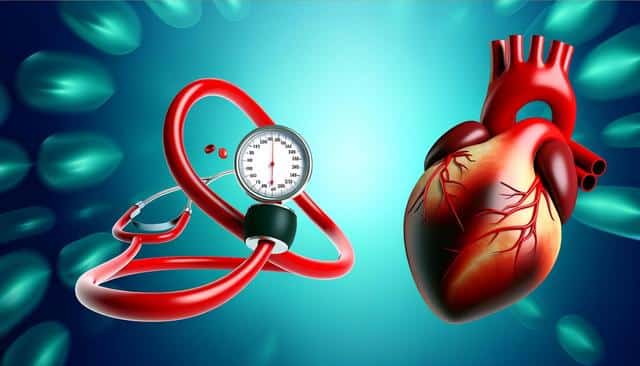Signs, Side Effects, and Treatment of High Blood Pressure
Understanding High Blood Pressure Symptoms
High blood pressure, often referred to as hypertension, is a condition that frequently goes unnoticed because of its subtle nature. Despite the lack of noticeable signs of high blood pressure in its early stages, some people may still experience symptoms. These high blood pressure symptoms include headaches, shortness of breath, and occasional nosebleeds. However, these symptoms can be misleading as they might not manifest until blood pressure has reached life-threatening levels. Regular monitoring of blood pressure levels is crucial to detect hypertension early. Healthcare providers emphasize the importance of routine health check-ups to ensure that any rise in blood pressure is identified and addressed promptly.

Risks and Side Effects of High Blood Pressure
Living with hypertension can present several risks if not managed effectively. As blood pressure levels elevate, the heart and blood vessels are put under increased stress, which can lead to severe complications like heart disease, stroke, and kidney failure. Understanding the side effects of high blood pressure is essential for anyone diagnosed with this condition. These include heart attacks, potential vision loss, and even memory problems. Additionally, untreated hypertension could lead to aneurysms – bulges in the arteries that are potentially life-threatening. Awareness and proactive management are critical in reducing these risks, and adopting a healthier lifestyle plays a significant role.
Effective Treatment Options for Hypertension
Treatment for high blood pressure commonly involves a combination of lifestyle changes and medication. Blood pressure medicines are often prescribed to help keep blood pressure levels within a normal range. These medications include diuretics, beta-blockers, and other antihypertensives, each serving a specific role in blood pressure management. It is important for individuals to follow their healthcare provider’s advice, as these medications can help protect against critical hypertension-induced damage to the heart and other organs. Regular check-ups and communication with a healthcare provider are important to ensure the medicine regimen is effective and adjusted if necessary.
Lifestyle Modifications to Manage High Blood Pressure
In addition to medication, implementing certain lifestyle changes can profoundly impact blood pressure management. These modifications include:
- Adopting a balanced diet rich in fruits, vegetables, and whole grains.
- Reducing salt intake, as excess sodium contributes to increased blood pressure.
- Engaging in regular physical activity to maintain heart health.
- Limiting alcohol consumption and quitting smoking.
Such changes not only help in lowering blood pressure but also promote overall well-being. Consulting a nutritionist or fitness expert can be beneficial in designing a personalized plan suitable for individual health needs.
Monitoring and Prevention
Continuously monitoring blood pressure levels is essential for those who experience signs of high blood pressure or have a history of hypertension in the family. Home blood pressure monitors are a convenient tool for regular checks, enabling individuals to track their blood pressure levels and notice any unusual changes. Preventive measures, such as maintaining a healthy weight and managing stress, are crucial. Joining support groups or attending wellness programs may provide additional motivation and resources for individuals committed to managing their hypertension effectively. Early detection and proactive management are the best strategies to prevent the long-term side effects of high blood pressure.
